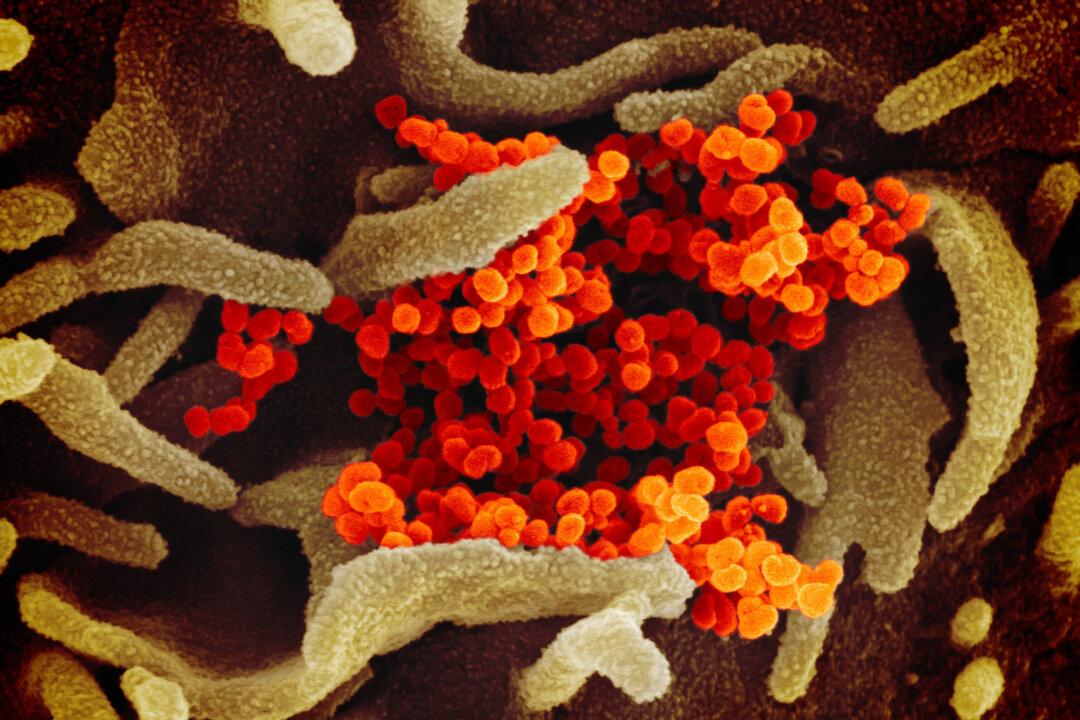Patients who survive COVID-19 can have strong antibody levels for up to four months, according to a new study.
Researchers at Harvard-affiliated Massachusetts General Hospital measured plasma and serum antibody responses in 343 North American patients infected with the new disease, which is caused by the CCP (Chinese Communist Party) virus, also known as SARS-CoV-2, and compared them to blood samples of 1,548 people before the pandemic.





